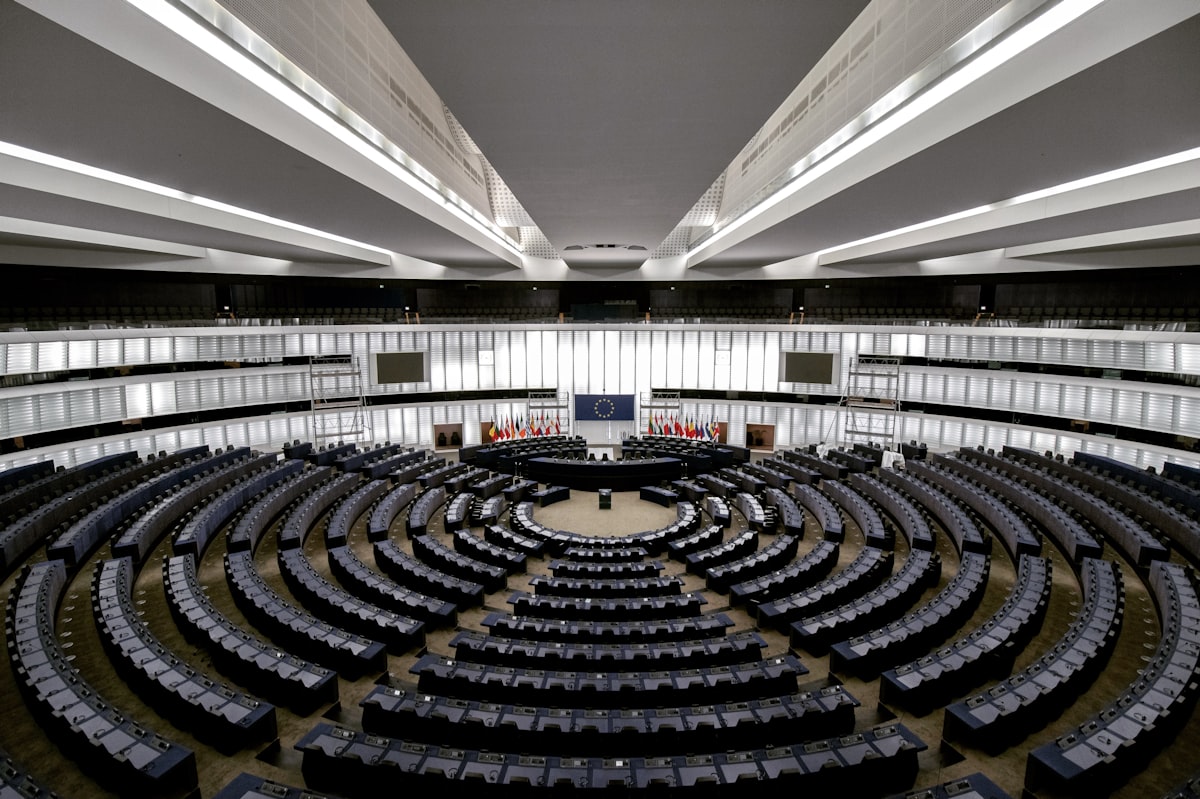The United Nations, precious for maintaining global cooperation and governance
The United Nations celebrates its 76th anniversary on October 24. The UN is made up of 193 countries, based on respect for the sovereignty of States and non-intervention in internal affairs. The Mexican government has placed important issues on the international agenda, such as denuclearization.

October 24 marks the 76th anniversary of the United Nations Organization. It is made up of 193 countries, based on respect for the sovereignty of States and non-intervention in internal affairs. Mexico has placed important issues on the international agenda such as the denuclearization of nuclear weapons.
In a world facing transnational problems and in which countries tend to withdraw to address their challenges, the United Nations Organization (UN) continues to be the highest international forum for cooperation, peace, security, multilateralism, and global governance.
This is assured by the academic of the Faculty of Political and Social Sciences (FCPyS) of the UNAM, Yadira Gálvez Salvador, who affirms that this body founded 76 years ago is valuable to face the challenges of peace and security, as well as to, through consensus and agreements, achieve the Sustainable Development Goals 2030 and even, to support countries to overcome the pandemic by COVID-19.
The UN is today the largest organization in terms of membership, with the participation of 193 countries, and has maintained its commitment to address the common issues of the international community, based on basic principles: respect for the sovereignty of States, non-intervention in internal affairs, peaceful settlement of disputes and refraining from the use of force to resolve differences.
"It is the forum par excellence of cooperation for development", insists the also doctor in Political and Social Sciences, who recalls that this instance arose after the Second World War, with the central objective of preserving international peace and security.
On the occasion of United Nations Day, celebrated on October 24, some question the actions of this body in the face of humanitarian crises -such as in Yemen, Syria, or Haiti-, its internal decision-making and the differences between the power of the Security Council and the General Assembly; the difficulty of translating commitments into concrete actions, as well as issues regarding its financing.
However, the global scenario would be more complicated without it. It is an advantage to have it, insofar as it safeguards international treaties and facilitates understanding and cooperation. Its role has been central in jointly addressing issues as diverse as human rights, migration, climate change, and disarmament.
Through specific areas of action, it is a key player in global governance. Furthermore, it has several organizations and programs that have managed to position itself internationally as reliable, on issues such as sustainable development, non-proliferation of weapons, the role of women in peace and security, women's and girls' rights, and so on.
Reform proposals
For several years, a profound reform of the UN has been proposed; countries such as Mexico and France promote limiting the right of veto of the five permanent members of the Security Council; other nations are in favor of increasing the number of participants in the Council, to make it more pluralistic, and some propose reviewing its financing.
The UN Secretary-General António Guterres himself proposed making emergency responses more efficient and committing to sustainable peace, generating greater capacities to achieve the 2030 Agenda for Sustainable Development, and carrying out a management reform related to administrative, transparency, and accountability issues. Mexico, together with Latin American countries, has sought support from European Union member states that are committed to strengthening the Organization and multilateralism.
Participating in the global agenda
The United Nations is also the space in which nations such as Mexico - which are not militarily strong - have managed to promote important agendas for the global arena. In the face of global problems, responses must be multilateral.
"Our country is a benchmark for relevant issues such as disarmament and denuclearization. The Treaty of Tlatelolco is a reflection of these diplomatic capabilities. Today Mexico occupies a place as a non-permanent member of the Security Council and promotes an agenda that, among other issues, includes the protection of people in conflicts and the fight against the trafficking of small arms and light weapons", emphasizes the academic.
The management of the pandemic and its recovery is one of the central themes of the UN's work agenda. Although overcoming the health crisis depends largely on the capabilities of each nation, access to medical supplies and vaccines is also important. The Covax initiative, for equitable access to vaccines against COVID-19, has been fundamental for the biologic to reach countries that cannot develop their vaccines or that have economic limitations to acquire them in the market. Latin American and African nations are examples of this.
The objective of this initiative is to achieve vaccination of at least 20 percent of the population in the participating countries. Covax is coordinated by the World Health Organization (WHO), the Coalition for Epidemic Preparedness Innovations, and the GAVI Alliance, funded by Norway, Japan, the European Union, and foundations such as the Bill and Melinda Gates Foundation, for example.
"Covax is a mechanism for global governance, in which international organizations, the private sector through philanthropy, States and, of course, laboratories participate, to ensure that vaccines reach these populations," says Gálvez Salvador. Additionally, the UN made a call and a protocol to also vaccinate migrants, who represent another crisis in countries such as Mexico.




